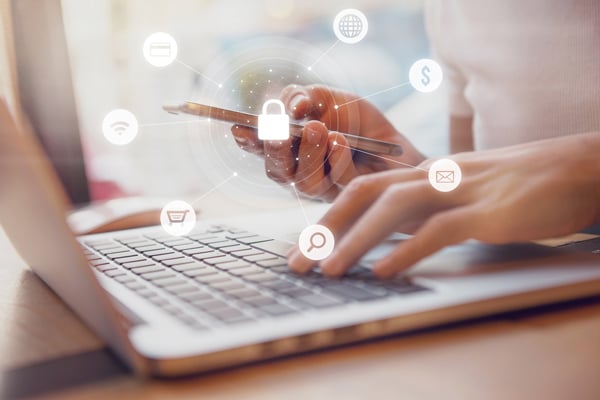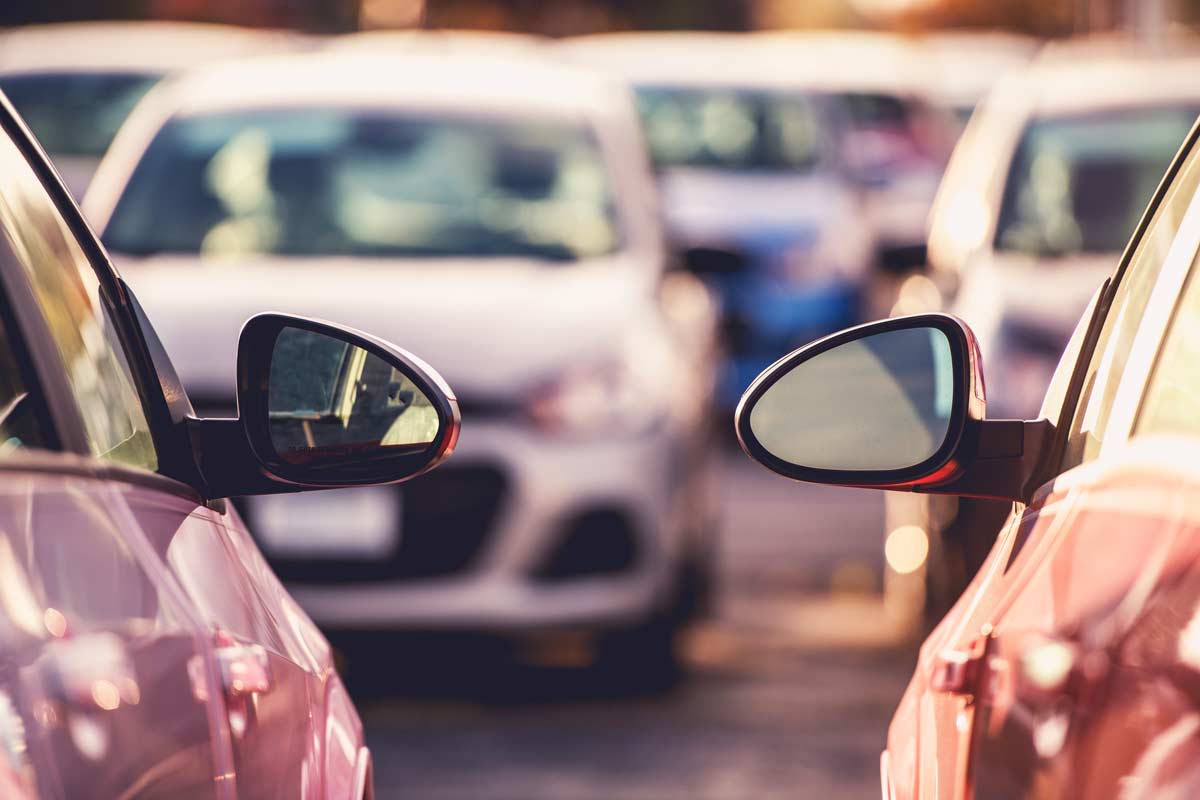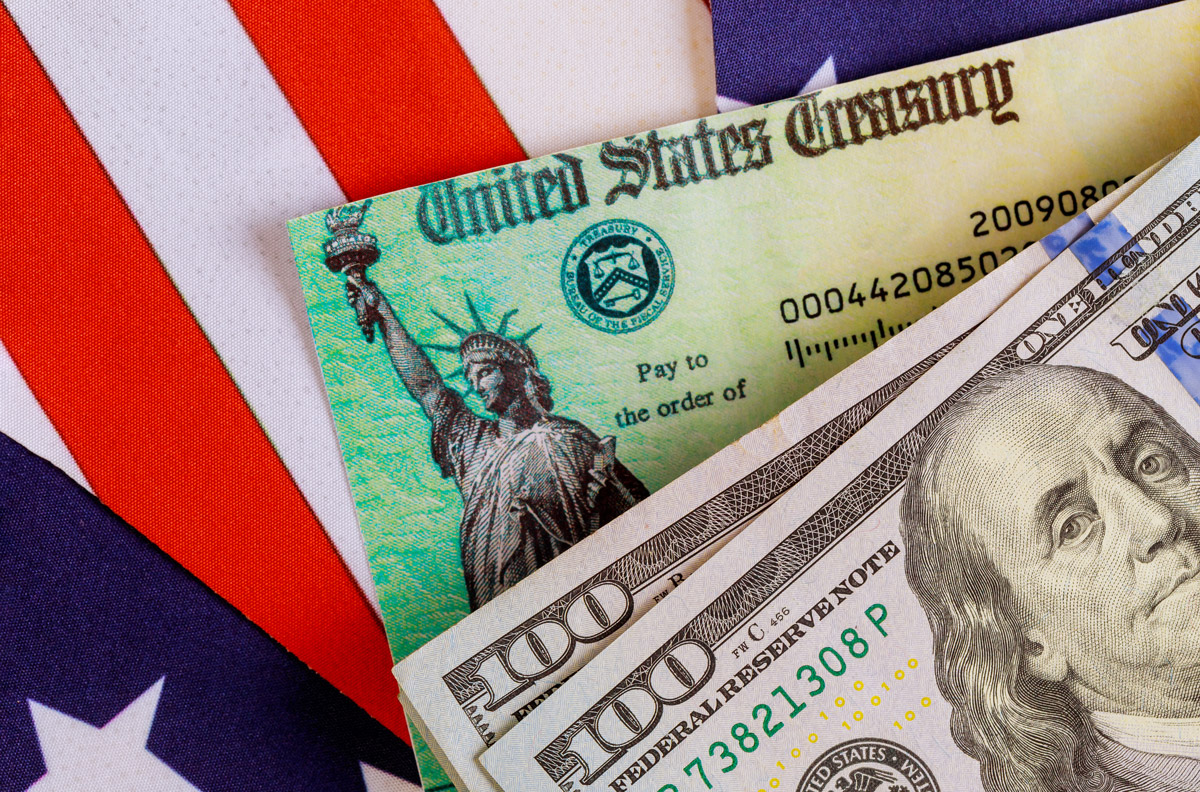It seems like people are spending more time than ever online during this time of social distancing. Just as pandemic-related scams are becoming more prevalent, scammers are active and thriving on social media.
We have some tips for staying safe while using social media:
Don't Overshare
If you’ve been on Facebook recently, you have probably seen friends overshare - whether that's through sharing a list of life events, question and answer posts, or just their own regular posts. While this may seem like a harmless and fun way to share memories, oversharing may actually make you vulnerable to hackers.
Many of these posts share information commonly used in the security questions that serve as a gatekeeper to your information with banks and other secure accounts. For example, this could be information about your high school or childhood home. Once this information has been obtained, it can be used to access your accounts. We recommend being aware and cautious about the information you share online.
Be Wary of Quizzes
Similar to status questionnaires, taking quizzes can also put you at risk. Whether that quiz is to determine which character you are most like or where you should visit next, the seemingly harmless information can also be a way that hackers and scammers try to access your information. These quizzes often are links to other websites or third-party apps, making the experience and your information even less secure.
When you fill out the quizzes, not only are you are often answering questions that may provide hints to secure access questions, but the third-party quiz apps have been used as a way to install invasive browser extensions to access information on your computer. These breaches of security have resulted in cases of identity theft. While the urge to take the quiz may be tempting, we recommend avoiding them.
Learn About Settings
It’s no secret by now that it’s important to be aware of the privacy settings on your social media. For example, did you know that you can change whether or not people can find your page on Facebook with your email or phone number? You can also find options to adjust how your data is being shared between apps.
We recommend taking some time to browse and adjust the settings in the social media apps that you’re using. It’s also a good idea to set up two-factor authentication to keep your accounts safe.
Recognize Giveaway Scams
While many Facebook giveaway posts are genuine posts from a known company or for a specific product, scammers take advantage of the familiar names and hope you don’t look too closely at their fake duplicates. Before sharing that post to enter a giveaway, take a glance at the page offering the giveaway.
Usually these fake scam pages have minor misspellings, are missing capitalization, or have additional punctuation errors in the page titles. If the page title is still unclear, visit the page to check the validity. If the page only has one post, the giveaway post, it is safe to assume that this page is a scam and the giveaway is fake.
While there are pitfalls when it comes to social media, as long as you stay aware and use it safely, it can be a great way to connect with family and friends. This is especially true during this pandemic, as connection is more important than ever.



